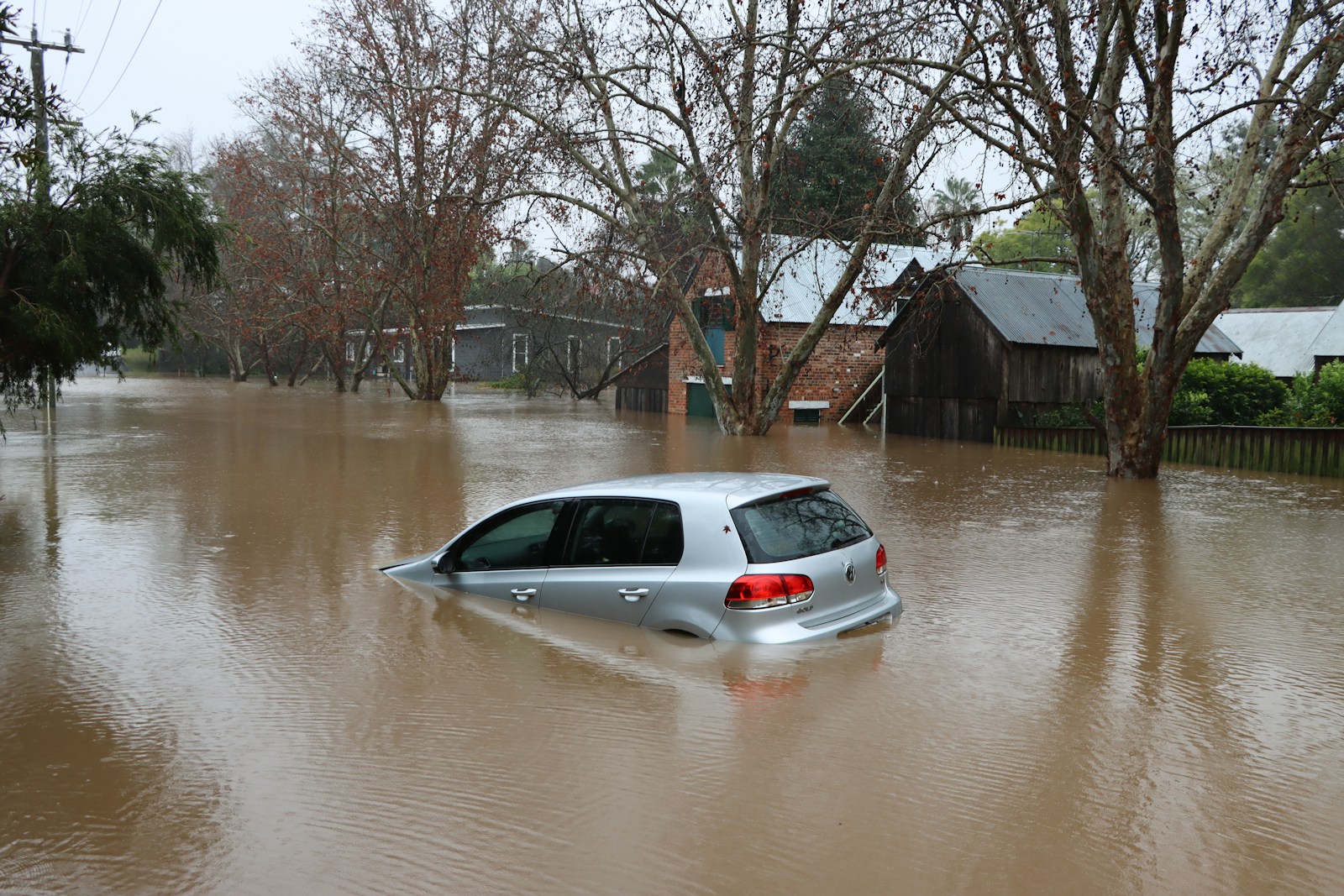
Storm Season Prep: Is Your Policy Ready for the Unexpected?
As storm season intensifies across North Carolina, residents are urged to take a closer look at their insurance policies. With hurricanes, tropical storms and flash floods becoming more frequent and severe, verifying that your coverage is up to date is not just smart, it’s essential.
North Carolina’s coastal and inland regions are both vulnerable to storm-related damage. From wind-blown debris to rising floodwaters, the risks are varied and often unpredictable. Yet, many homeowners discover too late that their policies don’t cover the full extent of storm-related losses.
Understanding Your Coverage
Standard homeowners insurance typically covers wind damage but may exclude flooding. Flood insurance is available through the National Flood Insurance Program (NFIP) or private insurers, but it must be purchased in advance, as coverage typically takes 30 days to become effective.
It’s also important to review your policy’s deductible structure. Some insurers apply a separate, higher deductible for hurricane or windstorm damage, which could significantly impact your out-of-pocket costs after a storm.
Key Steps to Take Now
Consider the following steps to review your coverage before storms hit:
1. Review your policy. Understand what is and isn’t covered. Pay attention to exclusions, deductibles and coverage limits.
2. Consider flood insurance. Even if you’re not in a high-risk flood zone, flooding can happen anywhere. Evaluate your risk and consider adding this protection.
3. Document your property. Take photos or videos of your home and belongings. This can speed up the claims process if you suffer damage.
4. Update your inventory. Keep a current list of valuables and receipts. This can help with adequate reimbursements.
5. Talk to a local insurer. Ask questions and make adjustments now before a storm is on the radar.
Learn More
Storms may be inevitable, but financial devastation doesn’t have to be. Contact Amato Insurance Group to review your policy today.
This blog is intended for informational and educational use only. It is not exhaustive and should not be construed as legal advice. Please contact your insurance professional for further information.
Categories: Blog, Flood Insurance
